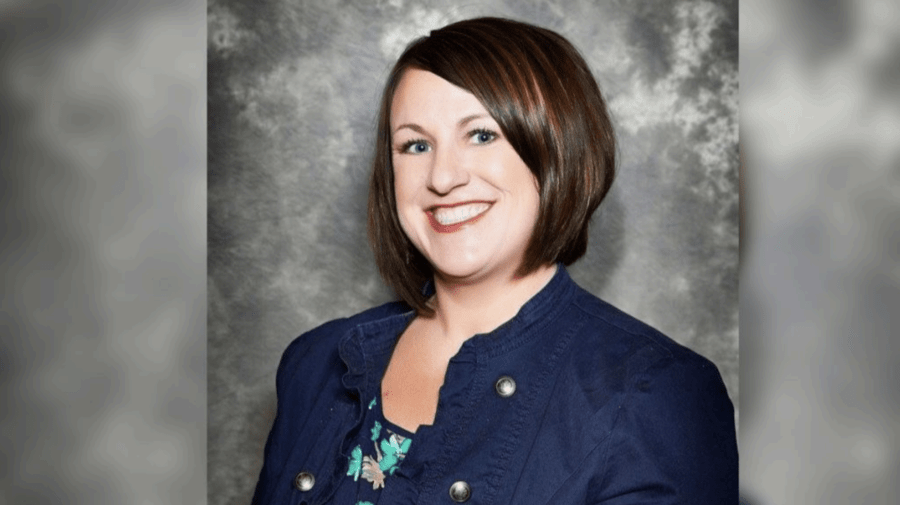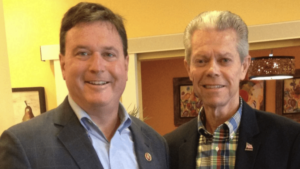The nation’s elementary and high schools usually don’t mention health insurance on career day. Among the firefighters, police officers, doctors, attorneys, and computer scientists that populate the imagination of young people, insurance is nowhere to be found. As Jennifer Mitchen learned, “No one goes into insurance because it’s glamorous or exciting.”
Yet she found herself in insurance anyway and many reasons why people do go into insurance. Like most people, she was born into a family with a history in the insurance business. Her father, Roger Skinner, has been in the business since 1970.
In high school and college 20 years ago, Mitchen worked in the family insurance business (dental third-party administrator, GroupLink). “I thought it was boring,” says Mitchen. “But I got my real-world feet wet real quick.”
After attending Indiana University and spending a year in Tennessee, Mitchen moved back to Indianapolis to continue working with the family business. She started by calling on brokers around the mid-west and after a few years, jumped on a new opportunity. “They had been trying to open a western region office after expanding into all 50 states. Someone asked if I had considered jumping in and I was like, ”Hell yeah!“”. Then, in her mid-20s, she and a friend moved to Phoenix where she continued to call on brokers on the west coast.
A trend emerged around this time. “While in Phoenix I worked with someone who also had an agency there. I learned the health insurance business from her, and she was a big mentor — and I learned how to run your own agency. We did everything, and we’re still good friends. She’s been a NAHU member for more than 25 years, which is how I met her,” says Mitchen. “All my job transitions have been and would come through NAHU.”
Mitchen would marry and give birth to their first daughter while in Phoenix. In pursuit of her own modest agency — and free babysitters — Mitchen and her new family returned to Indianapolis.
The independent agency Mitchen owns hums along quietly. In December 2013, Mitchen took a management role with AFLAC, “Because Jason Naville asked me to.” Naville, a long-time member of IndyAHU, had begun working with Mitchen when she returned to Indianapolis. “He’s very influential,” says Mitchen. We had been friends for so long through the Association. When he approached me asking for drinks, I thought he was going to talk about planning our golf outing. But he wanted to talk about AFLAC,“ she recalls.
”AFLAC needed someone from outside their line of work to come in. This was at the peak of the Affordable Care Act reforms. All their agents needed to learn more about those changes,“ she says.
”I like AFLAC because it provides the opportunity for a good starting point in the insurance industry. It’s all voluntary insurance, and I get to hire and train first-timers in the insurance industry. No one goes to insurance because it’s glamorous or exciting. But it provides an opportunity for residual income, and people in this industry have a passion for helping people,“ says Mitchen.
Regardless of talk of automation and software improvements, Mitchen says there will always be a role for a consultant. ”With AFLAC we focus on the sweet spot: small businesses in 2-50 people space. I’d say 90% of those businesses do not and cannot offer health insurance because they can’t afford it. So, AFLAC is an attractive option. Agents like me have to be the advisors on health reform and benefits to those clients. We’re the only people they can sometimes ask about this industry. Voluntary agents have to be way more knowledgeable than they ever had to be before. Now we have to answer questions about laws and penalties and legislation,“ she says.
Despite the legislative changes in the past, Mitchen is bullish on the future of the industry and continues to think of it as a stable place to start a career. ”I think we’re likely to be status quo for a while. But even if we had single-payer healthcare in this country, it’d still be complicated and expensive. It will always be expensive to be sick. The insurance industry is always going to need to mitigate that risk, and a consultant is going to be needed to help people navigate that,“ she says.
”When I first started working full-time for my dad, his business paid for me to join NAHU. He said, “Jennifer, you’re going to be on this committee.” That was the Program committee chaired by Jennifer Revell. We’re still friends to this day, and she’s always been somebody I’ve been able to call or run stuff by – personal or work-related. NAHU has inherently given me the outside knowledge to be relevant instead of some young 20-something dental sales rep. I could speak to health savings accounts and insurance carriers because NAHU gave me the network to know about it,” she says.
“It takes a certain kind of person to work in insurance. It’s not for everyone. You have to be entrepreneurial – whether you know what that means yet or not. You have to want to work hard and never settle for your 2% raise in corporate America every year. You have to be patient and want to help people navigate the system. You can do that every day and make a really great living doing it.”
The nation’s schools should make room for insurance agents in the career lexicon alongside teachers and lawyers. “We’re not going anywhere and are still necessary,” Mitchen says. She exclaims one simple source for young people looking to get ahead in an industry that has room to change: “I’ve not had to formally interview for a job since college because of NAHU.”






